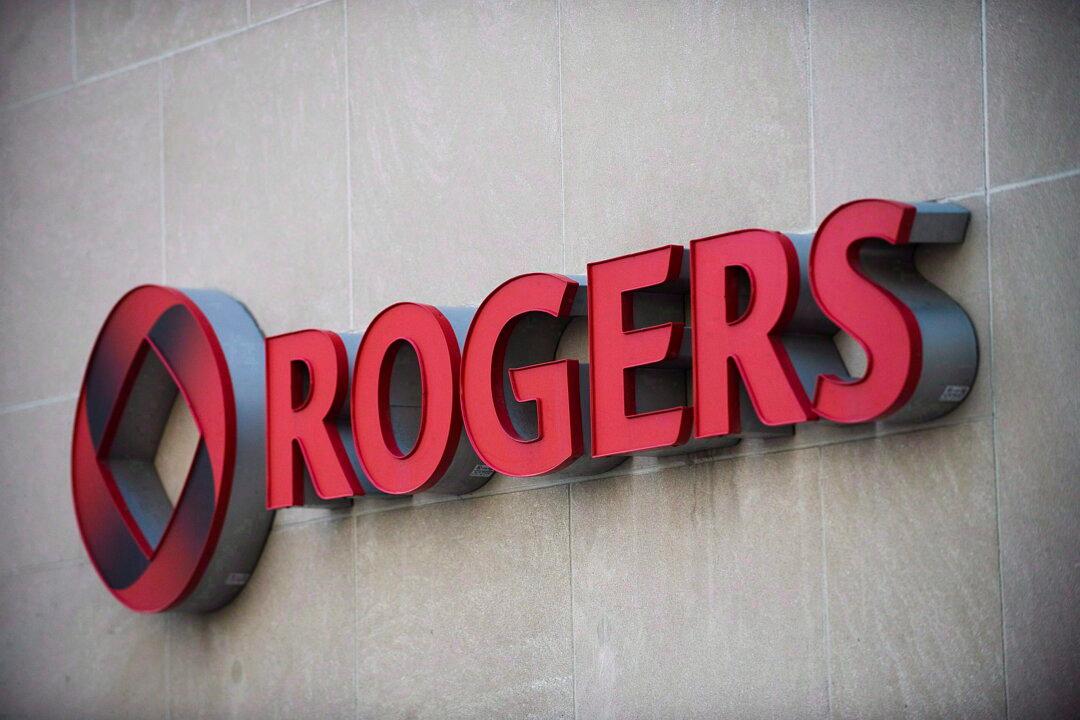The Canadian Radio-television and Telecommunications Commission (CRTC) will conduct a “forensic level technical review” of the Rogers Communications Inc. blackout in July 2022 that affected millions of Canadians and left many without internet access and ability to make phone calls for days.
“The CRTC is seeking to evaluate the resiliency of Rogers’ telecommunications network architecture and business management processes in relation to causes of the July 8, 2022 outage,” the commission wrote in a notice to contractors obtained by Blacklock’s Reporter.





